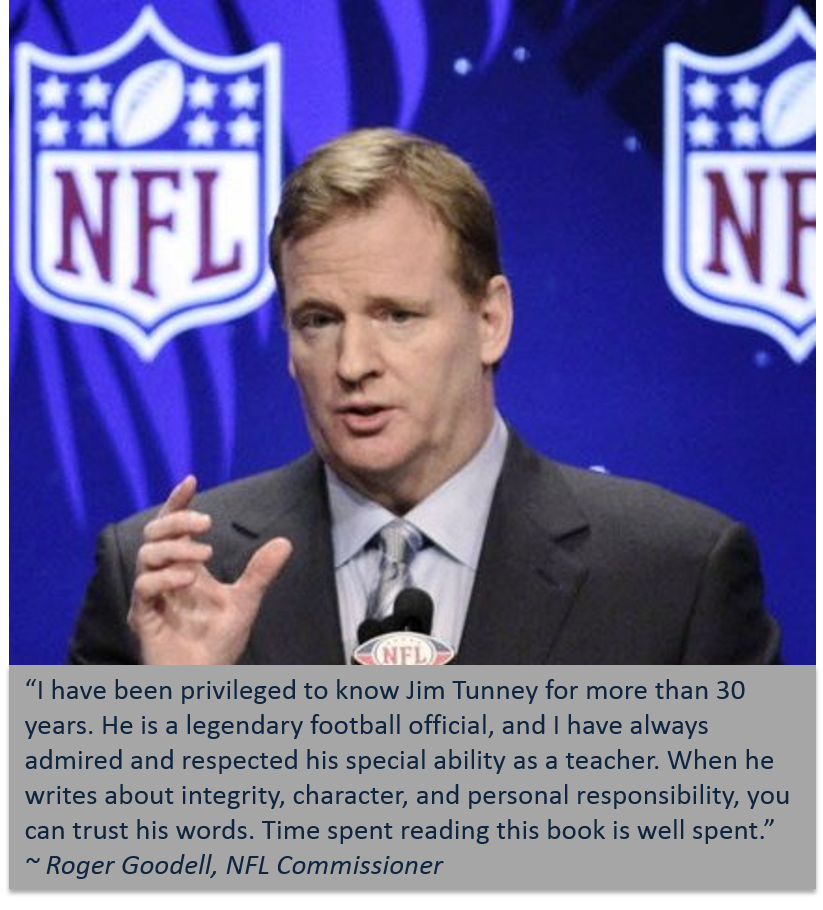TUNNEYSIDE of SPORTS August 18, 2014 #502 Up next…On Making Decisions–Part 2
After further review…In part one of the TunneySide approach to making decisions, a prescription was offered for creating a positive effect on disciplinary actions affecting others. Taught to me by my father, it had a 3-tenet doctrine asking the questions: 1) what is best for the individual; 2) what is best for the group/community; and 3) what decision would you make if this were your child?
In sports officiating other approaches may be necessary. Sport officials are required to call the game/match according to established rules and procedures. In a perfect world could sports events be conducted by allowing the participants to call their own infractions? We did that, of course, when we were kids playing on the playground or in the street. Both sides used their own sense of fair play. Hmmm, how did that all change when we grew up?
Dr. David Redish, a professor in the department of neuroscience at the University of Minnesota, authored the book, “The Mind within the Brain” where he describes his decision-making systems. One part he calls “deliberate”, i.e., after careful thought, involves the process that correct and meaningful decisions are made through deliberation. However, sports officials, more often than not, need to make game-type decisions on-the-spot. Redish calls these types “procedural”. Perhaps another term might be “reflexive”, meaning the making of a decision in a procedural way through reflexes.
To make decisions based on reflexes, every sports official must have a thorough knowledge of the rules. This means not only committing the written word to memory in the rule book, i.e., rote; but also knowing the spirit of the rule. Add to that an understanding of why the rule is there and the purpose it serves. “Knowing the game” will also serve every official well. Does the official understand the manner in which the game is played, i.e., formations, styles of play, etc? Styles and formations are dynamic and often change. Officials must do that as well.
The purpose of officiating is not just to ensure the players play within the established rules, but also to keep the game moving with celerity, thereby making it interesting for fans. Further, officials must conduct themselves in a professional manner to uphold the integrity of the game. Stay tuned for part three coming next week.
Will you thoroughly prepare in order to make informed decisions accurately?
To contact Jim go to www.jimtunney.com or email jim@jimtunney.com.
Jim’s most recent book “101 Best of TunneySide of Sports” is a compilation of these blogs.



